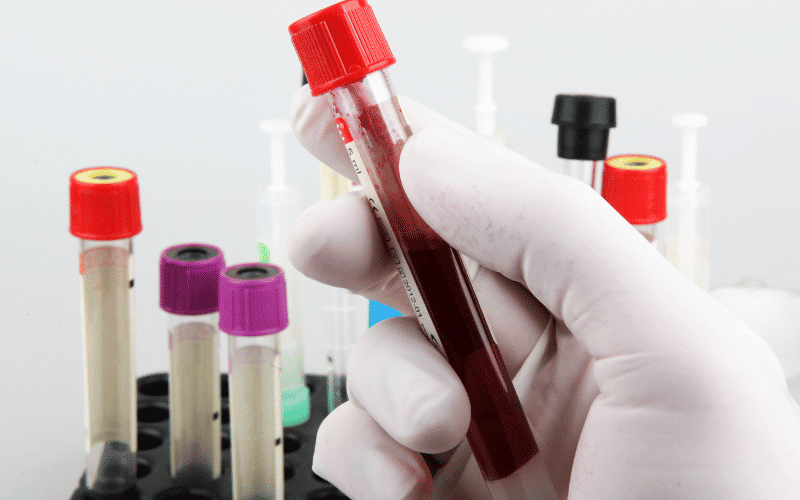Frequently Asked Questions of Hypokalemia

1. What are the symptoms of low potassium (hypokalemia)?
Symptoms of low potassium can include muscle weakness, fatigue, muscle cramps, constipation, and heart palpitations. In some cases, hypokalemia may cause no noticeable symptoms. It’s essential to consult with a healthcare provider if you suspect low potassium levels, as severe hypokalemia can have life-threatening consequences.
2. How is hypokalemia diagnosed?
Hypokalemia is typically diagnosed through a blood test that measures the potassium levels in your bloodstream. Your healthcare provider may also order additional tests, such as an electrocardiogram (ECG), to assess the impact of low potassium on your heart function.
3. How can I increase my potassium levels?
To increase potassium levels, consume a balanced diet that includes potassium-rich foods, such as leafy greens, bananas, potatoes, and yogurt. In some cases, potassium supplementation may be recommended under the guidance of a healthcare provider. It’s essential to address the underlying cause of low potassium levels to effectively manage and prevent hypokalemia.
4. Are there any complications associated with low potassium levels?
Complications of low potassium levels can include muscle weakness, digestive issues, and heart problems, such as irregular heartbeats or arrhythmias. Severe hypokalemia can lead to life-threatening complications, including paralysis, respiratory failure, or cardiac arrest.
5. How can I prevent hypokalemia?
Preventing hypokalemia involves maintaining a balanced diet rich in potassium, staying hydrated, and addressing any underlying medical conditions that may contribute to low potassium levels. Consult with your healthcare provider for personalized recommendations based on your specific needs and medical history.
6. Can low potassium levels be life-threatening?
In severe cases, low potassium levels can indeed be life-threatening. Severe hypokalemia can cause complications such as paralysis, respiratory failure, and cardiac arrest. It’s crucial to seek medical attention if you suspect low potassium levels to prevent these severe complications.
Conclusion of Hypokalemia
Low potassium, or hypokalemia, can have various causes, ranging from medications and medical conditions to dietary deficiencies and lifestyle factors. Understanding the root causes of low potassium is essential for effective prevention and treatment. By being mindful of these 12 common causes and taking appropriate steps to manage them, you can help maintain healthy potassium levels and support overall well-being. Remember to consult with your healthcare provider for personalized guidance on managing and preventing hypokalemia, as each individual’s needs and medical conditions may vary.